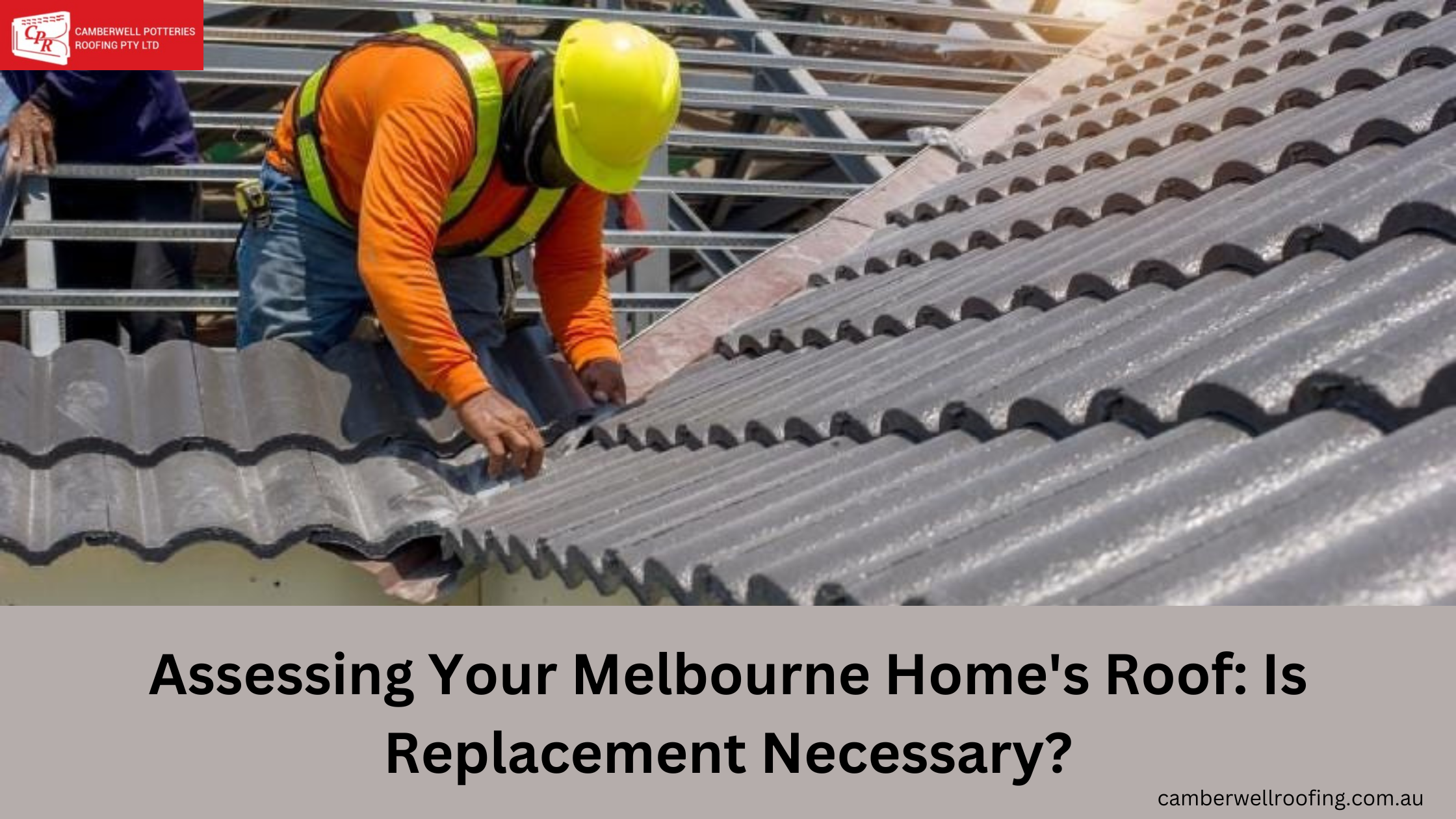Roof Replacement: Do You Really Need It?
Have you pulled into your driveway and suddenly seen something causing you to wonder about your roof’s health? Your roof is constantly exposed to brutal environmental elements like freezing temperatures, ripping winds, pounding rain, or baking sun.
All these elements take their toll on your house’s protective layer (roof). Chances are the changes occur gradually over time, and you just noticed one day.
Often, a roof can naturally surpass its average lifespan without experiencing a roof failure or significant damage.
You might also notice roofing tiles bending, breaking, tearing, or falling apart. When you see any of these warning signs, it’s probably time to contact professional roofers for roof replacement Melbourne.
However, many avoid replacing the roof because of unexpected expenses or an inconvenience they might have to deal with. Little do they know that delaying roof replacement could result in more significant problems.
Let’s read further to know when you should consider replacing your roof. What signs should you look for?
Signs that Your Melbourne Home Needs a Roof Replacement
The following are early warning signs that your roof needs replacement:
Water damage
Often, many homeowners mistake signs of water damage for something else. If you find damp patches on the ceiling of your rooms, for example, you might consider that your house is suffering from dampness.
It’s easy for the watermarks and mildew to be chalked up to water coming in from the window when it rained last time. But you shouldn’t be so sure.
Although your assumptions might be correct, these water damage signs might also mean you need a roof replacement Melbourne or at least roofing repairs.
Even if you notice the smallest watermarks or mould, check whether the water has seeped from your attic. It can also indicate that your roof has a hole or crack. So, consider checking your roof when you find signs of water damage.
Mould and moss growth
Another sign you should check out for is moss and mould. When moss and mould grow outside your roof, the roofing tiles can force themselves apart, creating a gap between the tiles that lets water into your house.
You should check your roof and look for the roofing tiles showing signs of rotting, mould and moss. It’s best to deal with it as soon as possible, as bacteria and fungi growth can cause water damage to your roof.
If your roof is severely impacted by mould and moss growth, you should replace your existing roof.
Light coming through the roof
Make it a habit to regularly turn off the lights in the rooms on the upper floor of your house and look up at the roof.
It will be best to do it during sunset as it will be dark enough inside with lights out yet bright enough outside to see whether the light comes through the roof.
If the light comes in from your roof, it could mean the rooftop has cracks and holes, which should be dealt with immediately.
Contact the roofing professionals to inspect your roof and determine whether repairs could fix the damage or if you need a new roof installation.
Loose roof tiles
During your annual roof check, check whether any tiles are loose. You can check the roof tiles’ state and assess whether they need repairs.
If you notice more than a couple of loose or missing tiles, you should consider replacing your roof.
Ageing roof
You can find various roofing materials designed to withstand the test of time. However, every roofing material has an expiry date.
As your roof ages and surpasses its average lifespan, you might want to have it replaced.
Sagging roof
See to it that the top of your roof follows a straight line along the ridge. If you find a saddleback or sag in the roof’s middle, it might indicate structural damage. Moreover, your roof might collapse if you don’t treat it early.
Many reasons, like frequent exposure to moisture, vast amounts of water, improper installations, or faulty roofing materials, can cause roofing sagging.
Clear your roof from rainwater and install high-quality roofing materials to prevent roofing sagging.
However, despite all these precautions, your roof might sag, requiring roof replacement Melbourne.
Damaged flashing
Flashing is the material placed around the objects protruding from your roof, like roof vents or chimneys.
It’s designed to prevent the water from entering your roof by averting it from seams where water runoff is more significant. Flashing is fabricated with thin pieces of impenetrable materials like galvanised steel and aluminium.
Your flashing might be damaged because the caulking material under the flashing is drying out or deteriorating due to weather or oxidation.
Another problem your roof might have is loose flashing, causing water to seep and leak inside your walls and ceilings. It can further cause extensive damage like mould growth and rotted wood, making it imperative to replace the roof.
Advantages of Roof Replacement
The main advantage of replacing the roof of your Melbourne home is that it gives you the chance to make the following changes:
- When installing a new roof, you can add one or more skylights to increase the amount of natural light that enters your house.
- You can add additional roof vents to improve ventilation.
- If you are bored with the colour of your old roof, you can change it with the new rooftop, enhancing your home’s curb appeal.
- If you have a roof with another material, you might consider changing the roofing material to terracotta or concrete tiles.
To wrap up it all
If any of these signs apply to your roof, it’s essential to get a professional inspection done as soon as possible.
An experienced roofer will assess the condition of your roof and help you decide whether you should opt for roofing repairs or replacement.
Another, investing in a new roof can be expensive, but it’s a vital way to keep your home safe. Moreover, if you plan to sell your home in a few years, new roof installation will add value to your home.


